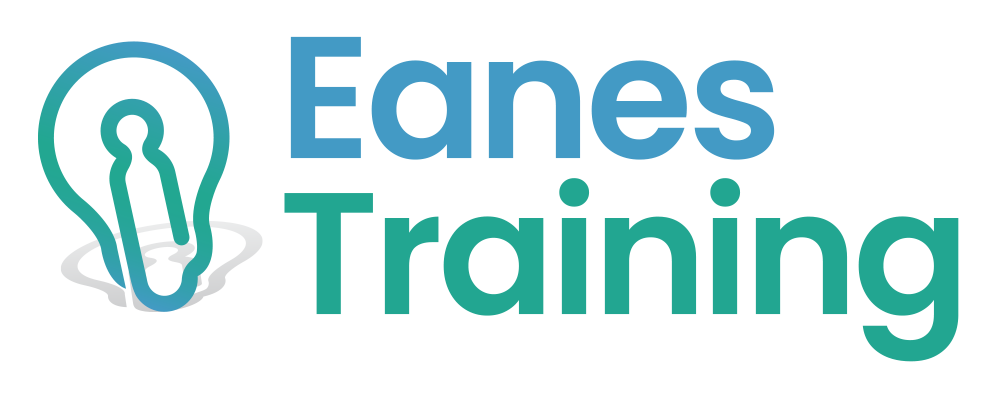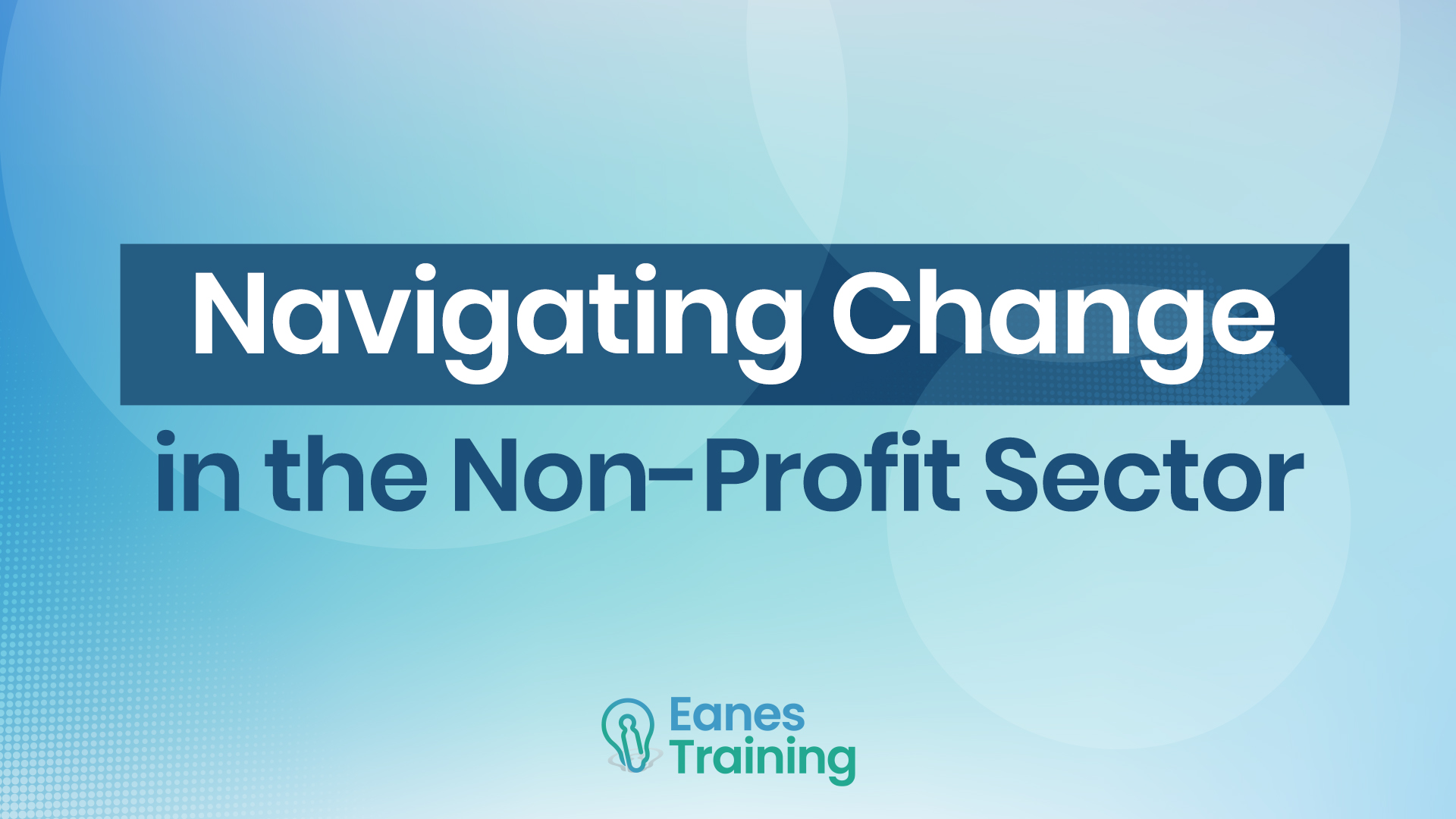The non-profit sector plays a vital role in addressing various societal challenges. Employees who work in the non-profit sector might find themselves amid an ever-evolving landscape. Non-profits face a myriad of external factors that can influence the organization, making it crucial for employees to learn to navigate changes successfully.
Understanding the Changing Landscape

Non-profit organizations face various external factors that influence their success. These factors include economic, technological, and social changes. Organizations should learn to identify opportunities and challenges within the sector and adapt accordingly. Staying informed and up-to-date on industry trends is imperative since it enables non-profits to make informed decisions and remain competitive in this dynamic environment.
Strengthening Organizational Resilience
Strong leadership is an essential element for navigating change. Leaders must adapt to new circumstances and guide their organizations through uncertain times. They must foster a culture of adaptability and innovation, encouraging their team to embrace new ideas and working methods. Non-profits should implement effective communication and collaboration strategies to build organizational resilience. Open communication channels and a strong feedback loop help ensure everyone is on the same page and working towards a common goal.
Enhancing Soft Skills for Non-Profit Success
One must recognize the importance of soft skills in navigating change. Emotional intelligence, decision-making, and problem-solving skills enable staff to handle challenges better and adapt to new situations. Developing and nurturing these skills within the organization requires creating an environment that supports continuous learning and growth. Organizations can do so by investing in staff training and professional development. The cultivation of soft skills is a critical factor in non-profit success. It promotes adaptability, resilience, and a more effective workforce, ultimately contributing to the organization's ability to navigate change and thrive in a dynamic environment.
Building a Supportive Network
Collaboration and partnerships are powerful tools in the non-profit sector. They enable organizations to share resources, knowledge, and expertise. Identifying potential allies and resources helps in building a supportive network. By leveraging external support and collaborating with other organizations, non-profits can access new opportunities, expand their reach, and strengthen their impact.
Measuring and Assessing Impact
Monitoring and evaluating organizational progress helps to ensure that resources are utilized effectively and that desired outcomes are achieved. Organizations can use data-driven insights to inform decision-making. Adapting and refining strategies based on results enables non-profits to learn from their experiences and improve their impact.
Invest in Your Non-Profit Team

Adaptability and resilience are essential factors that impact a non-profit’s long-term success. By investing in soft skills and fostering a culture of innovation, organizations can make a significant difference in their team’s ability to navigate the ever-changing environment of non-profits.
Our mission at Eanes Training is to provide professional and informative resources that help organizations develop these essential skills. To learn more about how we can support your non-profit, please review our Training Catalog and contact us today.

